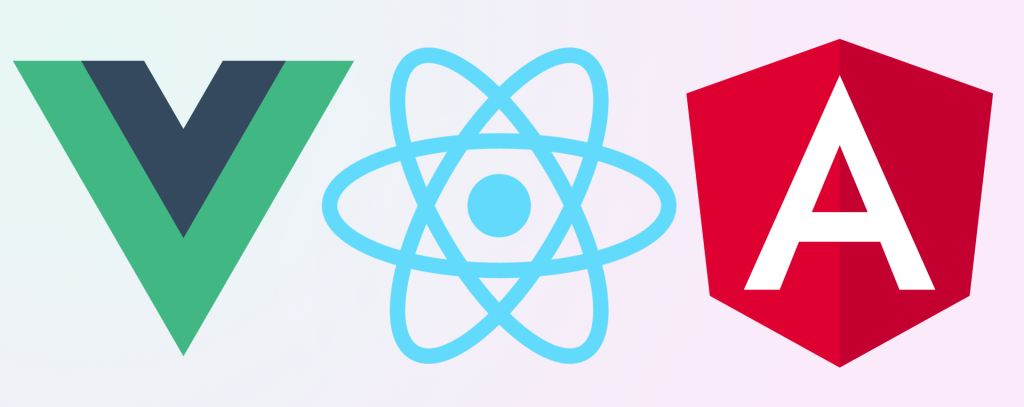
Web development has been evolving rapidly over the past few years, with new frameworks and libraries emerging every year. In 2023, there are more options than ever before, which can make it challenging to determine which framework or library to use for a specific project. In this article, we will discuss the top frameworks and libraries for web development in 2023.
- React
React has been one of the most popular JavaScript libraries for web development since its release in 2013. It was developed by Facebook and has become the standard for building complex user interfaces. React allows developers to create reusable components that can be used across multiple projects, making development faster and more efficient.
React also has a vast ecosystem of third-party libraries and tools, such as Redux for state management, React Native for building mobile applications, and Next.js for server-side rendering. In 2023, React is expected to remain a top choice for web development due to its stability, community support, and flexibility.
- Vue.js
Vue.js is a progressive JavaScript framework for building user interfaces. It was first released in 2014 and has gained popularity due to its simplicity and ease of use. Vue.js allows developers to create reusable components, similar to React, and also provides a comprehensive set of tools for building modern web applications.
Vue.js has a smaller community compared to React, but it is growing rapidly, and many developers are starting to use it as their primary framework for web development. In 2023, Vue.js is expected to continue to gain popularity due to its simplicity and ease of use.
- Angular
Angular is a TypeScript-based JavaScript framework for building web applications. It was first released in 2010 and has since undergone several updates and improvements. Angular is known for its strong emphasis on code structure and modularity, making it an excellent choice for large-scale applications.
Angular provides a comprehensive set of tools for building modern web applications, including Angular CLI for project scaffolding, Angular Material for UI components, and RxJS for reactive programming. In 2023, Angular is expected to remain a top choice for large-scale web applications due to its robustness and community support.
- Svelte
Svelte is a relatively new JavaScript framework for building web applications. It was first released in 2016 and has since gained popularity due to its simplicity and performance. Svelte takes a different approach to building web applications than other frameworks by compiling the application code at build time, rather than interpreting it at runtime.
This approach allows Svelte to deliver faster performance than other frameworks, making it an excellent choice for applications that require high performance. In 2023, Svelte is expected to continue to gain popularity due to its simplicity and performance.
- Django
Django is a Python-based web framework that has been around since 2005. It is known for its robustness and scalability, making it an excellent choice for building large-scale web applications. Django provides a comprehensive set of tools for building web applications, including an ORM for database management, a templating engine for rendering HTML, and a powerful admin interface for managing site content.
Django has a large and active community, which provides excellent support and resources for developers. In 2023, Django is expected to remain a top choice for building large-scale web applications due to its robustness, scalability, and community support.
- Ruby on Rails
Ruby on Rails is a Ruby-based web framework that has been around since 2005. It is known for its simplicity and ease of use, making it an excellent choice for building small to medium-sized web applications. Ruby on Rails provides a comprehensive set of tools for building web applications, including an ORM for database management, a templating engine for rendering HTML, and a powerful set of libraries for common web development tasks.
Ruby on Rails has a strong and active community, which provides excellent support and resources for developers. In 2023, Ruby on Rails is expected to continue to be a top choice for building small to medium-sized web applications due to its simplicity, ease of use, and community support.
- Express
Express is a minimalist Node.js web framework that has been around since 2010. It is known for its simplicity and flexibility, making it an excellent choice for building small to medium-sized web applications. Express provides a comprehensive set of tools for building web applications, including a routing engine for handling HTTP requests, middleware for adding functionality to applications, and a templating engine for rendering HTML.
Express has a large and active community, which provides excellent support and resources for developers. In 2023, Express is expected to remain a top choice for building small to medium-sized web applications due to its simplicity, flexibility, and community support.
- Flask
Flask is a Python-based web framework that has been around since 2010. It is known for its simplicity and ease of use, making it an excellent choice for building small to medium-sized web applications. Flask provides a comprehensive set of tools for building web applications, including a routing engine for handling HTTP requests, a templating engine for rendering HTML, and a powerful set of extensions for common web development tasks.
Flask has a strong and active community, which provides excellent support and resources for developers. In 2023, Flask is expected to continue to be a top choice for building small to medium-sized web applications due to its simplicity, ease of use, and community support.
Conclusion
In conclusion, there are many excellent frameworks and libraries available for web development in 2023. Choosing the right framework or library for a specific project depends on various factors, including the project’s size, complexity, and performance requirements. React, Vue.js, Angular, Svelte, Django, Ruby on Rails, Express, and Flask are some of the top frameworks and libraries for web development in 2023, each with its unique strengths and weaknesses. Developers should evaluate each option carefully and choose the one that best fits their specific project requirements.